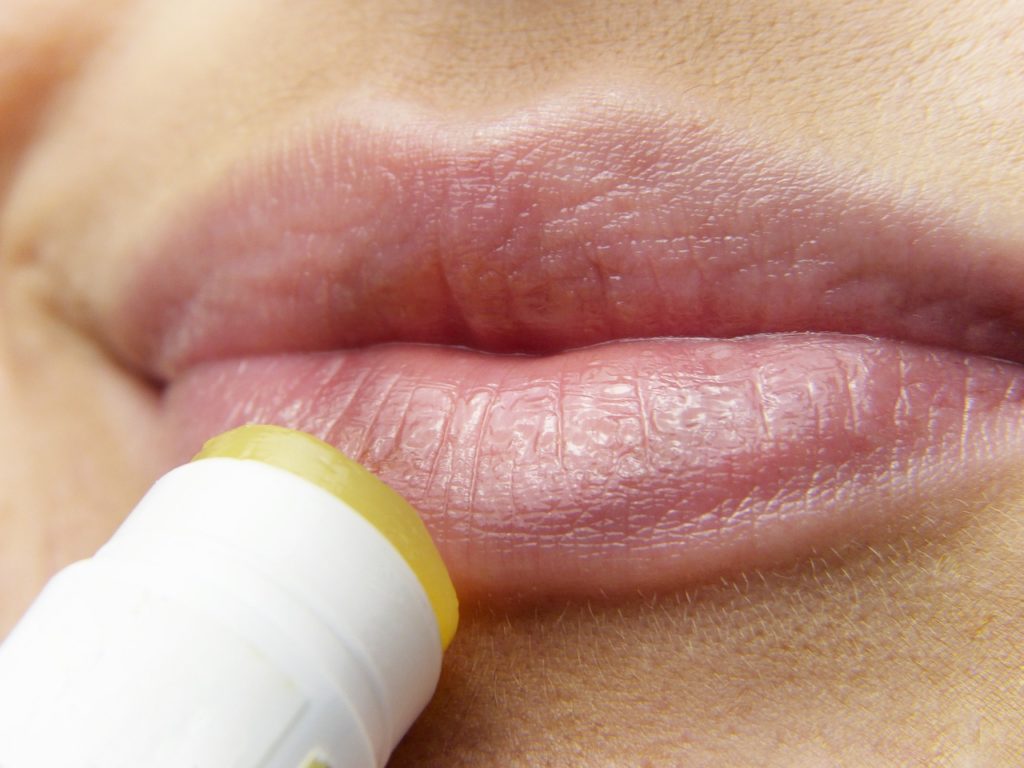Everyone from infants to senior citizens can suffer from sensitive skin. This is essentially when your skin has a low threshold for irritations caused by outside triggers like the sun, lotion, soaps, and detergents. Living with sensitive skin, or living with someone who deals with this can be frustrating as it seems like everything causes discomfort, a rash, or an outbreak that needs to be treated. Though you may not be able to change the fact that you have highly sensitive skin, you can make a few lifestyle changes so that you can leave comfortably.
Determine What Your Triggers Are
The first step to combating sensitive skin is to learn what your triggers or irritants are. This can be different for everyone. One person could find fabrics like wool to be especially itchy while others might have issues with perfumes or dyes found in laundry detergent. It may be complicated at first to determine what irritates your skin, but you can try patch tests when introducing new products to see which cause a problem and which don’t. If you expose a part of your skin to a certain material or chemical and you get a bad reaction, it’s safe to say you probably need to ditch those products.
Invest in Comfortable Clothing
Even those without sensitive skin might notice that some materials are annoying, to say the least. For instance, wool or lace materials, tags, or even seems found in clothing items like socks can be enough to drive anyone insane. If it is causing serious discomfort to you, your children, or someone else in your household, you may need to buy new clothes. A valid excuse to go on a shopping spree, you might need to purchase seamless socks for children with sensitivities or ditch the fancy fabrics and stick to breathable materials like cotton.
Switch Detergents and Soaps
If you’re used to washing with soaps and detergents that are highly concentrated, have a lot of dye or perfume in them, it is recommended that you switch it up. Instead, purchase products that are dermatologist tested and proven to work on sensitive skin. These products are free of dyes, perfumes, and chemicals that are especially harsh and should be used daily to cope with sensitivities.
Protection From the Sun
This is a practice that everyone should follow, however, if you have especially sensitive skin you should go an extra mile to protect yourself from the sun. This means wearing protective clothing like hats or sunglasses even in the fall or winter time and minimizing the amount of time you spend outside.
Stay Hydrated
Drinking plenty of water is not only a regimen for combating the signs of aging, it is also crucial for those who suffer from sensitive skin. If you feel especially dry despite your efforts to stay moisturized, you could be dehydrated. Replenish your skin and your body by increasing your water intake daily.
Stay Moisturized
As water helps you to stay hydrated from the inside out, the right lotions, creams, and moisturizers help to keep the skin moist from the outside. Instead of using thin lotions with very few health benefits, it is best to purchase products specially designed for sensitive or dry skin. Thicker lotions and moisturizers tend to stay on the skin longer allowing you to minimize that itchy feeling.
See a Dermatologist
Sometimes, the only way to experience true relief from your sensitive and irritated skin is to visit a medical professional. Ask your primary doctor for a referral to see a dermatologist. They can best diagnose any preexisting skin conditions and provide you with a wealth of products and resources you can turn to in order to ease the irritation you experience.
Having sensitive skin can be miserable when you don’t know how to treat it. However, if you pinpoint your sources of irritation and either eliminate or reduce your exposure to these things you can see significant improvements in the look and feel of your skin. Use the above-mentioned tips regularly and with time, you’ll find comfort again.

